“Be fearful of a day when you shall be returned to Allah, then every person shall be paid in full what he has earned, and they shall not be wronged.” [1] This is the last verse to be revealed in the Qur’an.
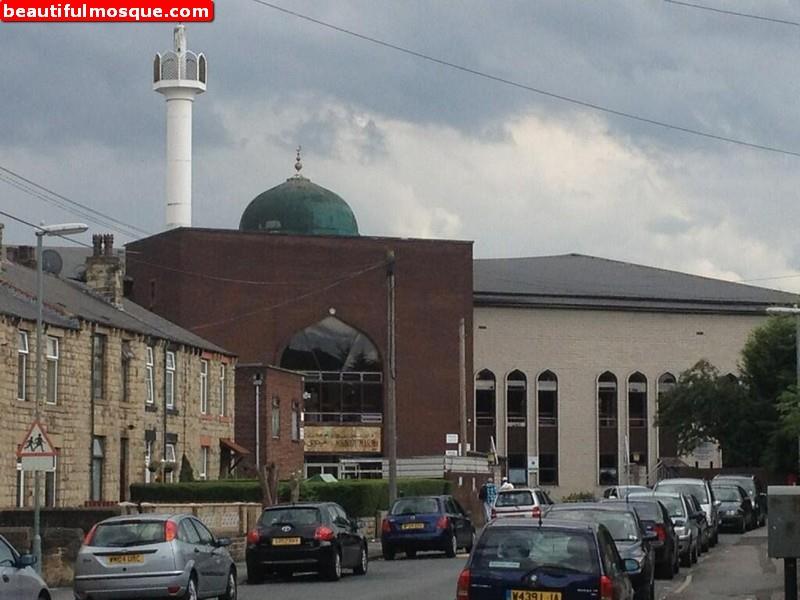 The Eyes Tear,
The Eyes Tear,
The Heart is in Pain,
But (with my tongue) I will only say that which is pleasing to Allah,
And we are indeed sad at your departure. [2]
Thursday 18th February 2016 (9th Jamadul Oola 1437) will be a day to remember for all. Not just for Muslims in the United Kingdom or European countries, rather for all the Muslims in different parts of the world. This was the day a blessed soul, a chosen soul, a sage, a saint, returned to his Lord SWT. He was a pious man, a devout leader, a renowned legend and a sincere friend to us all. We are all aware of him, his noble attributes and virtuous character.
By now you will have had more than a dozen messages and tributes to Hafidh Saheb (Allah sanctify his secret) on your phone; all will be expressing their condolences, commiserations and sympathies whilst others talk about Hafidh Saheb’s (Allah sanctify his secret) virtues and merits, along with his biography and obituary. So, in all honesty, there really isn’t a need for me to write much more, In Sha Allah.
I, however, endeavour to write (hopefully), how Hafidh Saheb (Allah sanctify his secret) left this world with signs he was a good man, a noble man and a righteous man. Many of these signs are obvious to you all. I would even say there are signs he is a man who attained forgiveness and his Lord’s pleasure, thus, inevitably attaining Jannah!
I pray Allah grants me the sincerity and capability of trying to do justice to Hafidh Saheb (Allah sanctify his secret) and his noble life. Ameen Ya Rabb.
Ibn Umar (Allah be pleased with him narrated that: The Messenger of Allah ﷺ said: “Mention good things about your dead, and refrain from (mentioning) their evil.” [3]
Hafidh Saheb (Allah sanctify his secret) was known as the Ameer (leader) of the UK and Europe as a whole. The Islamic environment and religiosity we see in the West, particularly in Europe, Hafidh Saheb (Allah sanctify his secret) had an extensive hand in establishing it. When the world was steeped in darkness and Islam in the West was a dream that had not yet come to fruition, when the Sunnah was covered in a dark shroud and almost buried under the ground, when the Friday prayer (Jumu’ah) was prayed on a Sunday because Muslims did not want to jeopardise their earnings and take a break from their jobs on Fridays, when fundamental Islamic practices like Salah and Zakah were neglected, when Masajid were few and far between, during those hard and difficult times, during those early days of 1950s & 1960s Allah selected Hafidh Sahib (Allah sanctify his secret) for the establishment of Deen in the UK and the Western world.
The Messenger of Allah (ﷺ) said: “Whoever starts a good tradition which is followed, then for him is a reward, and the likes of their rewards of whoever follows him, there being nothing diminished from their rewards.”
The remarks of Hadhrat Mawlana Yusuf sahib Khandalwi (Allah sanctify his secret) were still ringing in his ears, when it was mentioned to him that “The Evil conspirers of the world have set their Evil plans to turn Makkah & Madinah into London & Paris. Oh my Dear Hafidh sahib! You make an effort to turn London & Paris into (the likes of) Makkah & Madinah.”
Hafidh Saheb (Allah sanctify his secret) was one of the first to arrive in the UK in the 60s.
He very much liked cricket, he was a cricket player and a team leader. He then joined the work of Tableegh. In the beginning, he had to walk to people’s homes in the snow wearing wellingtons.
He would knock on people’s doors and call them to the masjid for Salah. He was appointed the leader of the work and even after Shoora (council) was made, he remained the spiritual leader of the Da’wah work.
He started as an Imam at Saville Grove Masjid, Hafidh Saheb (Allah sanctify his secret) would teach Madrasah as well. But his main interest was Tableegh. His house was right in front of the Masjid. His wife (Khala) would also do a lot of khidmat of Jamats in the form of cooking food for them and washing clothes etc.
Abdullah Ibn Umar (Allah be pleased with them both) relates that the Messenger of Allah ﷺ said: “The world is a provision and the best provision of the world is a pious wife.”[6]
In 1978 the new Markaz was constructed. Hafidh Saheb (Allah sanctify his secret) moved close to it. Then in 1985, with the efforts of Hafidh Saheb (Allah sanctify his secret), a Darul Uloom was also founded along with the Markaz. There was a World Ijtima (gathering) in which Hadhratjee (Allah sanctify his secret) and other Ulama came.
Someone saw in a dream that the hall was full of people, a lecture was taking place, and The Prophet ﷺ was observing everything from the back.
Hafidh Saheb (Allah sanctify his secret) dedicated his life for Tableegh like no other person. If one was to sit with him for ten minutes, all he would hear would be Jamats leaving, concern of the Ummah, how the Sahabah (Allah be pleased with them all) left their homes for the Deen, sacrifice and efforts for upholding Islam.
He spoke about the Sahabah like they were in front of him. He was infatuated with the love of Rasulullah ﷺ, his effort and his beloved Ummah like nobody you have ever seen! Many of you will find people particular about their Deen, but only a few you will find, particular about ‘reviving the Deen’. He swam against the tide of falsehood and he never EVER rested.
Hafidh Saheb’s (Allah sanctify his secret) dedication for Da’wah and Tableegh was really admirable. When he would deliver lectures on Da’wah it was as if his heart was ripped apart for the pain of why the Ummah does not dedicate themselves for the sake of humanity, to protect them from Jahannam. Allah says to the Prophet, ﷺ “Then perhaps you would kill yourself through grief over them, [O Muhammad], if they do not believe in this message, [and] out of sorrow.” [7]
‘Irbad bin Sariyah (May Allah be pleased with him) reported: “One day Messenger of Allah delivered us a very eloquent Khutbah on account of which eyes shed tears and hearts were full of tears.” [8]
When he came to England in 1954 when there were only few Muslims, Hafidh Saheb (Allah sanctify his secret) would work from 8am to 4pm, after work he would walk miles to go to people’s house to give Da’wah.
“And those who strive in Our (cause),- We will certainly guide them to our Paths: For verily Allah is with those who do right.” [9]
He would teach a Hifdh class early in the morning from 4am, after teaching the children he would drop them home and go to work. Hafidh Saheb (Allah sanctify his secret) very happily said in one talk, “If anyone writes the British history, he has to write that Hafidh Patel was the first person to make someone Hafidh on British soil”.
The Prophet (ﷺ) said, “The best among you (Muslims) are those who learn the Qur’an and teach it.” [10]
Hafidh Saheb’s (Allah sanctify his secret) devotion in worshiping Allah was unbelievable, his optional Salah, Recitation of the Qur’an and Dhikr used to be very long, he used to spend hours engaged in them. Many times he would spend the entire time between Maghrib and Isha in Nawafil, Tilawah and Dhikr.
A’ishah (May Allah be pleased with her) reported: “The Messenger of Allah used to remember Allah at all times.” [11]
Abu Hurairah [may Allah be pleased with him] narrated that the Messenger of Allah (ﷺ) said: “Allah, the Most High said: ‘I am as My slave thinks of Me, and I am with him when he remembers Me. If he remembers Me to himself, I remember him to Myself, and if he remembers Me in a gathering, I remember him in a gathering better than that. And if he seeks to draw nearer to Me by a hand span, I draw nearer to him by a forearm’s length, and if he comes to Me by a forearm’s length, I draw nearer to him by an arm’s length. And if he comes to Me walking, I come to him quickly.’” [12]
When Shaykhul Hadith Mawlana Muhammad Zakariyya (Allah sanctify his secret) sent Hadhrat Mawlana Yusuf Motala Saheb to England in 1968, he advised him to be in the company of Hafidh Patel Saheb (Allah sanctify his secret). This is because Hafidh Saheb (Allah sanctify his secret) was not just a Da’ee, rather a great Sufi and Saint.
Narrated Muawiya (Allah be pleased with him): I heard Allah’s Messenger (ﷺ) saying, “If Allah wants to do good to a person, He makes him comprehend the religion.” [13]
Just like Haji Imdadullah Muhajir Makki (Allah sanctify his secret) was only known as ‘Haji Sahib’, but influenced thousands of people. Similarly Hafidh Saheb is only known as ‘Hafidh Saheb’, but, he has influenced thousands of Ulama.
“And who is better in speech than one who invites to Allah and does righteousness and says, “Indeed, I am of the Muslims.” [14]
Through Hafidh Sahib’s (Allah sanctify his secret) efforts the biggest Masjid of Europe ‘Dewsbury Markaz’ was built in 1978 and Darul Uloom in the 1980s where thousands of students studied from all over Europe, America and Africa. He was also behind opening many Masajid, including the first mosque in Blackburn. Today, there are approximately forty Masajid in Blackburn, the reward of which showers upon the blessed grave of Hafidh Saheb (Allah sanctify his secret).
Ibn Mas’ud (Allah be pleased with him) narrated that the Messenger of Allah (ﷺ) said: “He who guides (others) to an act of goodness, will have a reward similar to that of its doer.” [15]
It is quite famous regarding Hafidh Saheb (Allah sanctify his secret) that he used to be out of the country more than in the country for the purpose of Da’wah and he has visited most of the countries of the world. There are approximately 200 countries in the world, Hafidh Saheb had visited nearly all of them. Ahumdu Lillah, Thumma Alhumdu Lillah, that is an outstanding achievement.
Narrated Sahl bin Sa`d: The Prophet (ﷺ) said, “A single endeavour in Allah’s Cause in the afternoon and in the forenoon is better than the world and whatever is in it.” [16]
Hafidh Saheb spent many day and nights weeping for this Ummah, it is seldom we find such men who do so. The one who used to cry for you and me. Will Allah replace him with people who cry and cry, begging for this Ummah?
Abu Hurairah (May Allah be pleased with him) reported: Messenger of Allah (ﷺ) said, “One who weeps out of fear of Allah, will not enter the Hell till milk returns back in the udder; and the dust raised on account of fighting in the path of Allah and the smoke of Hell will never exist together”. [17]
The Prophet ﷺ said, “There is no Muslim who dies on the day of Friday or the night of Friday, but Allah will protect him from the trial (fitnah) of the grave.” [17]
Hafidh Saheb (Allah sanctify his secret) used to invite everyone on Thursday night for Da’wah work/Shabe Jumu’ah, until his last day of life, when Allah took his beloved soul, on a Thursday night.
Hafidh Saheb (Allah sanctify his secret) passed away on Jumu’ah night and his Janazah was on Friday after Asr Salah, at the time when Du’a are accepted. Thousands of people attended Hafiz Sahib’s (Allah sanctify his secret) Janazah from all over England and abroad, it was definitely one of the largest funerals the UK has seen.
Aishah (Allah be pleased with her) who said: “The Prophet ﷺ said, ‘If a Muslim dies and his funeral prayer is attended by a group of a hundred Muslims, and they all sincerely pray for his forgiveness, he is forgiven’. [18]
Ibn ‘Abbas (Allah be pleased with him) reported: “I heard the Prophet SAW saying: ‘If a Muslim dies and a group of forty people, who do not associate any one with Allah, pray for him, their prayer is accepted and he is forgiven’.” [19]
Anas ibn Malik (may Allah be pleased with him) who said: The Messenger of Allah (peace and blessings of Allah be upon him) said: “When Allah wills good for His slave, He uses him.” They said, “How does He use him?” He said, “He guides him to do good deeds before he dies.” [20]
“Verily, those who say: ‘Our Lord is Allah (Alone),’ and then they stand firm, on them the angels will descend (at the time of their death) (saying): ‘Fear not, nor grieve! But receive the glad tidings of Paradise which you have been promised!’” [21]
It is known about Khalid Ibn Waleed (Allah be pleased with him) ‘The Sword of Allah’, he spent his life in Jihad and fighting the enemies of Allah. His days were spent on the battlefield, but he died on his bed. Our respected Hafidh Saheb, also spent his days in the path of Allah. Year after year, month after month, town after town, country after country. But his death came in his hometown, whilst sleeping on his bed. Such was Allah’s will.
“For them who have done good is the best (reward) and extra. No darkness will cover their faces, nor humiliation. Those are the companions of paradise; they will abide therein eternally.” [22]
I will end with the words of advice delivered by Shaykh Mawlana Muhammad Saleem Dhorat at the Islamic Da’wah Academy in regards to the passing of the Ameer of Da’wah and Tableegh; Hadhrat Hafidh Patel Saheb.
“When pious people pass away, we should be grieved upon the loss for the Ummah. We should turn to Allah SWT and earnestly ask Allah to replace the personality with somebody better or somebody equal; because when important people pass away; especially in this day and age, they are irreplaceable and a very big loss comes to the Ummah.
So, we need to turn to Allah SWT and ask Allah SWT to safeguard and grant more acceptance to the effort of Da’wah and Tableegh, and may Allah SWT grant a very good replacement for Hafiz Sahib rahimahullah ta’aala and may Allah SWT safeguard and maintain the ages of all our akaabir and Mashayikh, and all the pious personalities.
May Allah SWT elevate the status of our Hafidh Saheb rahimahullah ta’aala and may Allah reward him on behalf of the whole Ummah and may his legacy remain in this world until the day of Qiyamah and may Allah SWT grant us all the tawfeeq to follow in the footsteps of all the pious personalities and may He resurrect us amongst them on the day of Qiyamah and may He grant us a place in Jannah with such luminaries and pious Mashayikh.
So, make Esaal-e-thawaab for him; of whatever you are able to and as much as you can; especially in the next 24 hours. Also make dua; make dua for Hafidh Saheb, dua for his family, dua for the work of Da’wah and Tableegh, and for the whole Ummah.”
“But as for he who feared the position of his Lord and prevented the soul from [unlawful] inclination,Then indeed, Paradise will be [his] refuge.” [23]
[To the righteous it will be said], “O reassured soul, Return to your Lord, well-pleased and pleasing [to Him], And enter among My [righteous] servants, And enter My Paradise.” [24]
Abu Hurairah (May Allah be pleased with him) reported: The Prophet (ﷺ) said, “When Allah loves a slave, calls out Jibril and says: ‘I love so-and-so; so love him’. Then Jibril loves him. After that he (Jibril) announces to the inhabitants of heavens that Allah loves so- and-so; so love him; and the inhabitants of the heavens (the angels) also love him and then make people on earth love him”. [25]
A final note, rather a reminder, I woud like to say, Hafidh Saheb was an amazing personality. There is no doubt about that. But he also was someone’s son, a husband, a father. And he worked hard to provide for his family. But he left behind a legacy – Alhumdu Lillah, one that will never be forgotten In Sha Allah! For every brother and sister reading this, from the depth of my heart don’t stop here. Make an intention to change your life, mend your ways and follow the work Hafidh Saheb started, ‘reviving the deen’. I have not written this for likes nor follows, nor comments. I have written this for me to change myself, and if one (other) person benefits, through their blessing I will change too. I end with the verse I started with: “Be fearful of a day when you shall be returned to Allah, then every person shall be paid in full what he has earned, and they shall not be wronged.” [1] This is the last verse to be revealed in the Qur’an.
Ask yourself, what will YOU leave behind?
Ismail Ibn Nazir Satia (One who is in dire need of Allah’s Forgiveness, Mercy and Pleasure).
13 Jamadul Awwal 1437
____________________________________________________________
[1] Surah Baqarah, verse 281. Trans ‘The Meanings of the Noble Qur’an’ – Mufti Taqi Uthmani
[2] Bukhari – The Prophet SAW on the death of his son Ibraheem RA
[3] Tirmidhi
[4] Tirmidhi
[5] Qur’an – (26:69) Pickthall
[6] Saheeh Muslim
[7] Surah Kahf, verse, 6. Trans Saheeh International
[8] Abu Dawood
[9] Surah Ankabut, vere 69. Trans Yusuf Ali
[10] Bukhari
[11] Saheeh Muslim
[12] Tirmidhi
[13] Bukhari
[14] Surah Fussilat, verse 33. Trans Saheeh International
[15] Saheeh Muslim
[16] Bukhari
[17] Tirmidhi
[18] Ahmad, Muslim, and Tirmidhi
[19] Ahmad, Muslim, and Abu Dawood
[20] Ahmad, Tirmidhi
[21] Surah Fussilat, verse 30
[22] Surah Yunus, verse 26
[23] Surah Naziaat, verse 40 & 41
[24] Surah Fajr 27 – 30
[25] Bukhari/Muslim
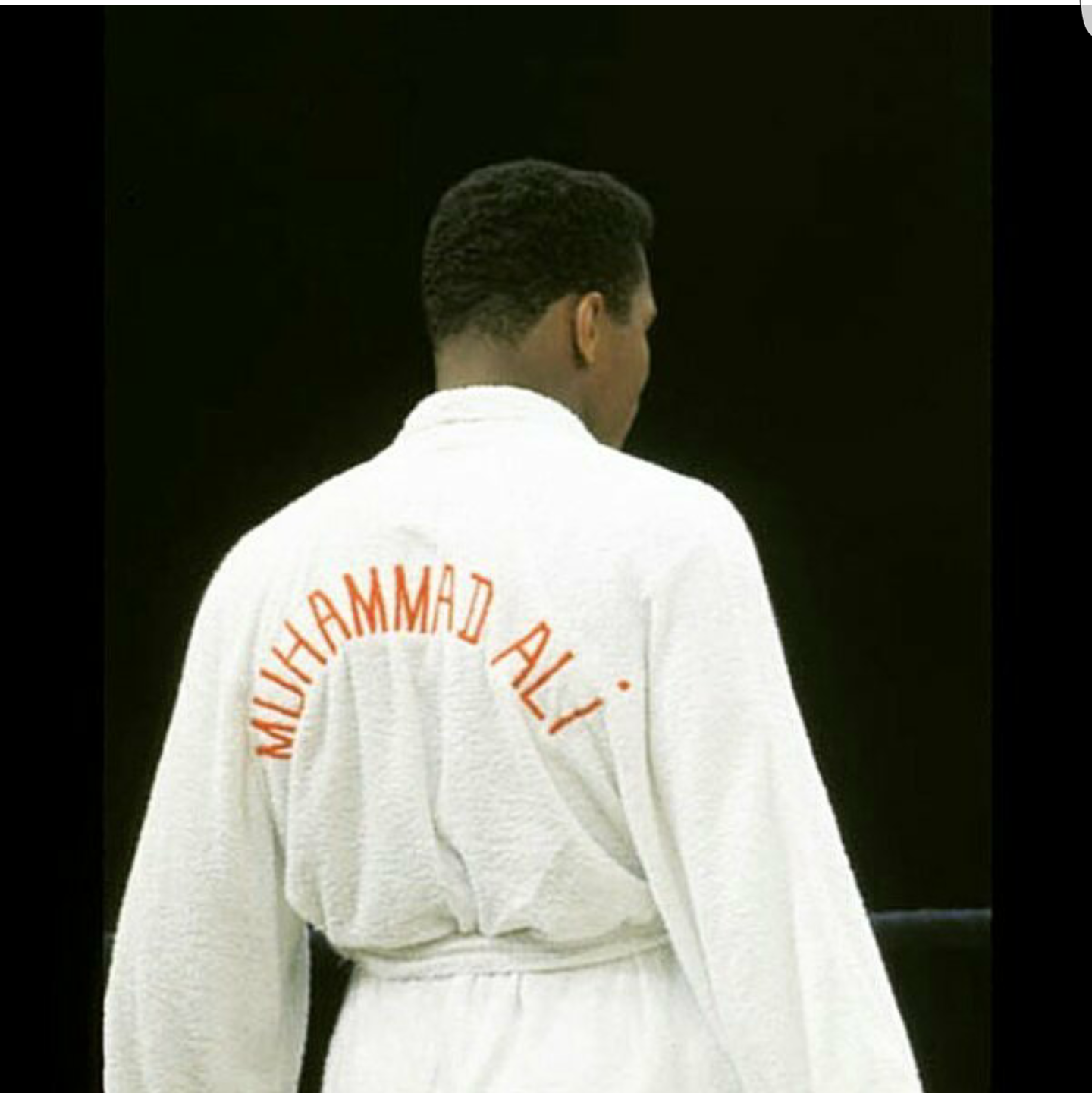
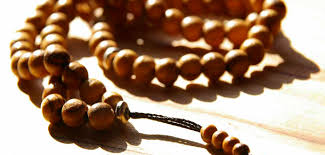


 This is a story that carries many life lessons for all of us. The story of Abdul Sattar Edhi, and the legacy he left behind.
This is a story that carries many life lessons for all of us. The story of Abdul Sattar Edhi, and the legacy he left behind. . He mobilized millions of dollars without sophisticated media, marketing or communication strategy. His branding was his simplicity, honesty, and integrity.
. He mobilized millions of dollars without sophisticated media, marketing or communication strategy. His branding was his simplicity, honesty, and integrity.
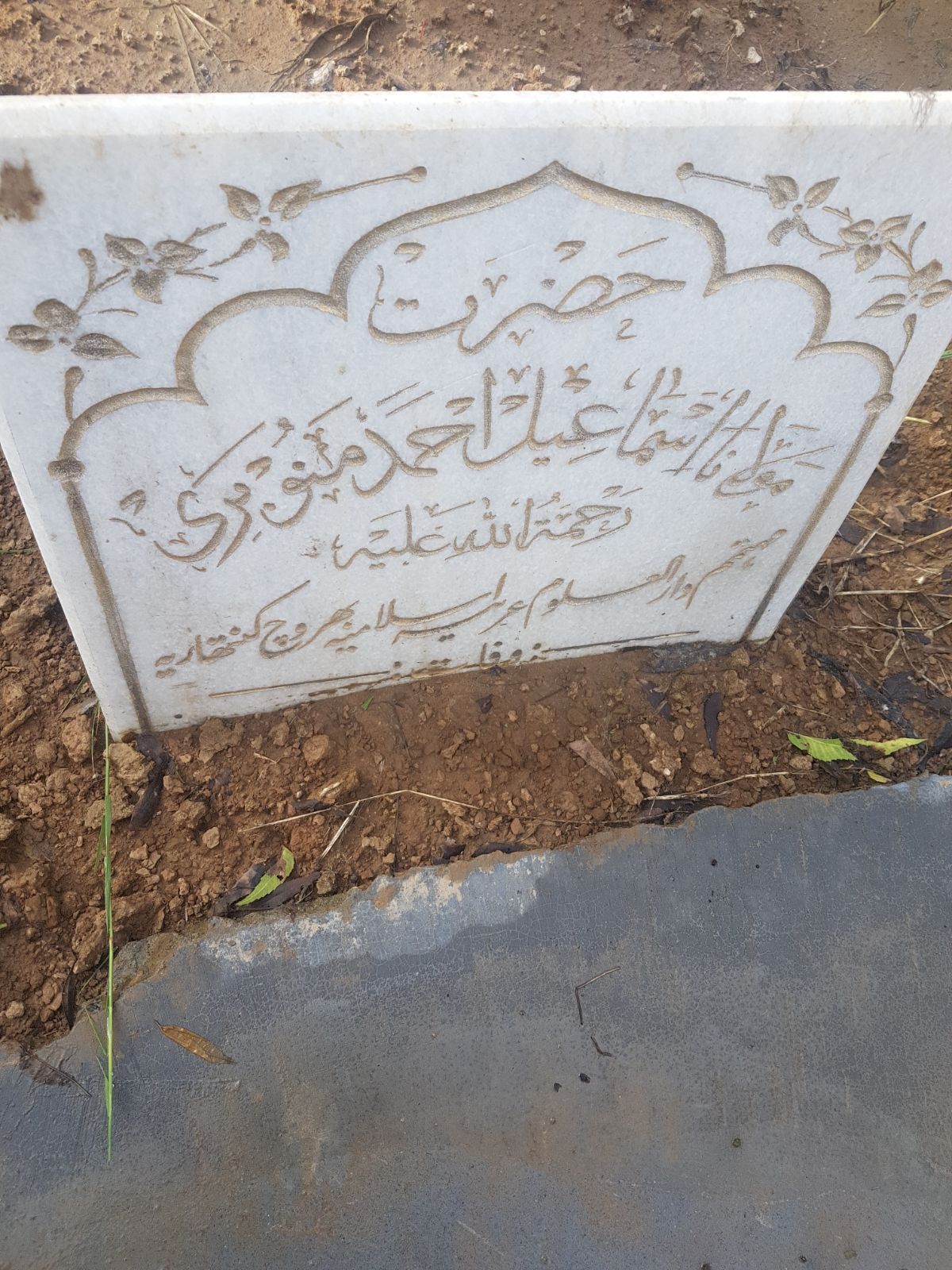
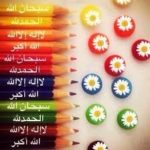
 The Eyes Tear,
The Eyes Tear,